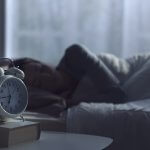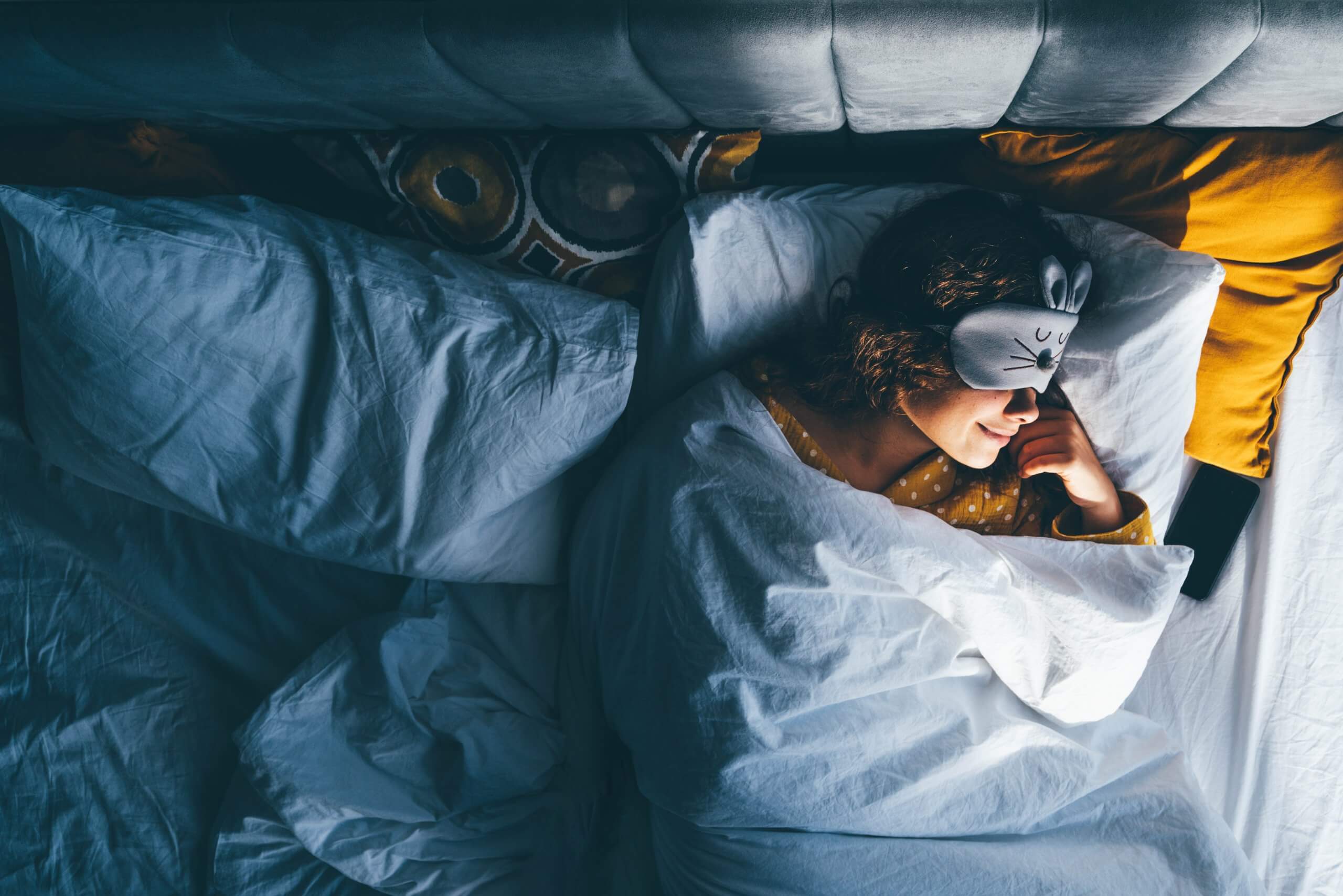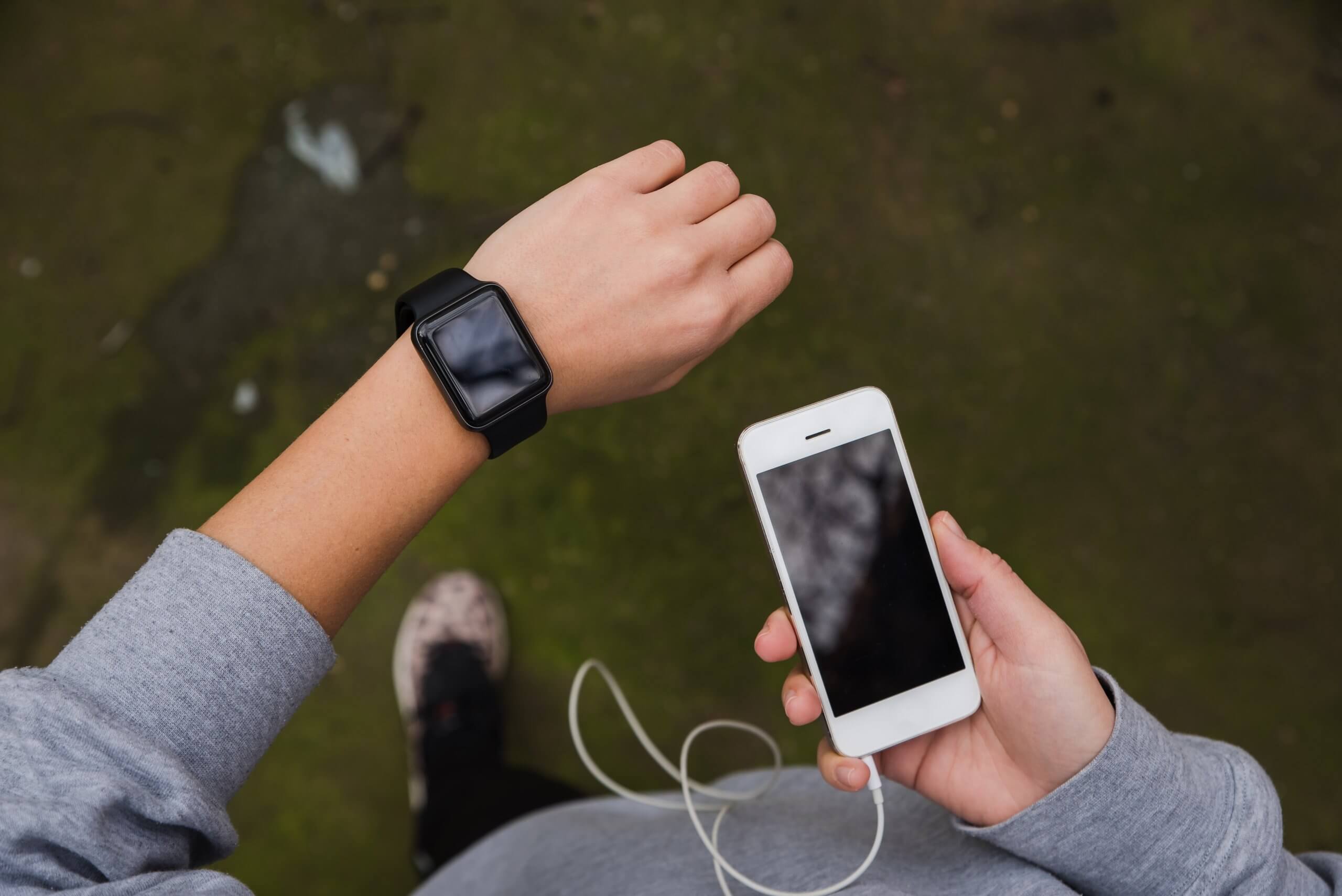There are lots of reasons why you might want to get healthy sleep. Maybe you’re feeling tired all the time and don’t have as much energy as you used to. Or maybe you’re having trouble focusing at school or work. Poor sleep can also lead to problems with your mood, like feeling irritable or angry all the time. If you want to feel your best, getting enough rest at night and staying asleep at night is important.
Most people don’t get the right amount of shuteye or the quality they need. This can lead to a number of problems such as feeling tired all the time and not having enough energy to do things that you enjoy, poor focus at school or work, irritability, and anger.
It can be tough to get a good night’s rest. We all know how refreshing and rejuvenating a good doze can be, but it seems like more and more people are struggling to get the amount of shuteye they need.
There are a number of things you can do to get better rest. In this article, we’ll go over some of the basics and how you can improve your sleep habits and your sleep hygiene. By following these tips, you should be able to get better sleep in just one week.
KEY TAKEAWAYS AND TIPS FOR BETTER SLEEP:
1. Set a sleep schedule and stick to it as closely as possible. This will help your body get into a routine and make it easier to fall asleep.
2. Avoid caffeine and alcohol before bed. Caffeine can keep you up at night, while alcohol can disrupt your circadian cycle.
3. Dim the lights and keep your bedroom cool. This will help cue your body that it is time to sleep.
4. Use relaxation techniques before bed. This can help you wind down and prepare for sleep.
5. Follow a bedtime routine. This can help signal to your body that it is time to sleep.
6. If you cant drift off to sleep, get out of bed, read a book or other relaxation tips, until you are ready to snooze.
7. Get regular exercise
By following these tips, you can help ensure that you get a good night’s sleep.
Understand the basics
When it comes to getting better sleep, understanding the basics is key. Sleep is a natural process that helps our bodies rest and recharge. It’s important to get enough sleep so that we can function at our best during the day.
What are the different stages?
There are two main types: Rapid Eye Movement (REM) sleep and Non-REM sleep. Most people go through four or five cycles of REM and non-REM sleep during a typical night.
Stage 1 : This is the lightest stage and it’s easy to wake up from.
Stage 2: This is a deeper stage of light sleep. Your heart rate slows down and your body temperature starts to drop.
Stage 3: This is the deepest stage of non-REM sleep. It’s sometimes called slow-wave sleep. During this stage, your breathing and heart rate are at their lowest.
Stage 4: This is REM sleep, which is when you dream. Your eyes move rapidly during this stage and your brain activity increases.
Set up a sleep schedule
Setting up a sleep schedule is one of the most important things you can do to get better sleep. When you go to bed and wake up at the same time every day, your body will start to naturally cue you for sleep. This will make it easier for you to fall and stay asleep throughout the night.

How to set a sleep schedule:
1. Choose a bedtime and stick to it as much as possible, even on weekends.
2. Wake up at the same time every day, even on weekends, even if you have to set an alarm clock on the weekends.
3. Avoid naps during the day so that you’re tired at night.
4. Get up and move around every few hours to keep your energy up during the day.
5. Avoid working or using electronic devices in bed so that you can associate your bed with sleep.
What time should you wake up?
Most people need around eight hours per night. This means that if you want to wake up at 7am, you should go to bed at 11pm.
Tips for sticking to your sleep schedule:
1. Set an alarm for your bedtime and wake-up time.
2. Put your phone or any other electronic devices away from your bed so you’re not tempted to use them before sleep.
3. Get up and move around every few hours during the day to keep your energy up.
4. Avoid naps during the day so you can sleep better at night.
5. Make sure your bedroom is dark, quiet, and cool.
Create a bed-time routine
Creating a bedtime routine is another important way to get better sleep. When you have a set routine that you do every night before bed, it will help your body prepare for sleep. This will make it easier for you to fall and stay asleep throughout the night. This routine should start about 2 hours out, not just minutes before.
Get into a routine of winding down before bed
So your body knows it’s time to sleep. This can involve taking a warm bath, reading a book, or doing some light stretching. When reading a book a Kindle with blue light can hem decrease light exposure.
Your bedtime routine should last for 30 minutes to an hour so that your body has time to relax before sleep.

What would be a good bedtime routine?
Performing some relaxation exercises before bed can also help. Some good exercises to try include:
1. Deep breathing: Breathe in slowly through your nose for a count of four, then breathe out slowly through your mouth for a count of four. Repeat this until you feel yourself starting to relax.
2. Progressive muscle relaxation: Starting with your toes, tense and then relax each muscle group in your body, working your way up from your feet to your head.
3. Visualization: Imagine yourself in a peaceful place, such as a beach or a meadow. Focus on the details of what you see, smell, and feel.
4. Meditation: Sit quietly and focus on your breath, letting thoughts come and go without attaching to them.
Avoid caffeine and alcohol before bed
Caffeine and alcohol are two things that many people like to drink before bed in order to help them relax. However, these substances can actually have the opposite effect and make it harder for you to fall and stay asleep throughout the night.
Avoid alcohol. Alcohol can disrupt your sleep quality by causing you to wake up more frequently during the night. It can also lead to dehydration. Caffeine is a stimulant that can keep you awake by blocking the effects of adenosine, a chemical that makes you sleepy.
Both caffeine and alcohol should be avoided before bedtime in order to get better sleep quality.
Regular Exercise and Sleep
Getting regular exercise is a great way to improve your overall health and well-being. It can also help you sleep better at night. Here we will explore the ways in which exercise can help you get a good night’s sleep.
Exercise helps you fall asleep easier:
One of the best ways that exercise helps with sleep is by making it easier for you to fall asleep in the first place. This is because when you exercise, your body temperature rises and then falls again. This rise and fall in temperature make it easier for you to fall asleep.
Exercise also helps you sleep deeper:
Not only will exercise help you fall asleep faster, but it will also help you sleep more deeply. This deep sleep is important because it is during this stage that your body heals and repairs itself.
Exercise can help you wake up feeling rested:
If you have trouble waking up in the morning, exercise can help with that too. When you exercise in the morning, it can help to regulate your body’s natural sleep-wake cycle. This means that you will be more likely to wake up feeling rested and energetic in the morning.
Exercise can help to reduce stress:
One of the main reasons why people have trouble sleeping is because they are stressed. Exercise can help to reduce stress by releasing endorphins, which are chemicals that help to improve your mood. Exercise can also help to reduce anxiety and depression, both of which can interfere with sleep.
Avoid exercise close to bedtime or late in the day:
You should avoid exercise close to bedtime. This is because when you exercise, your body temperature rises and then falls again. If you exercise too close to bedtime, your body temperature may not have time to cool down and this can make it harder for you to fall asleep.

Sleep monitoring devices and software
If you want to get a better understanding of your sleep quality, there are a few things you can do.
1. Keep a sleep diary: For one week, write down when you go to bed, when you wake up, and how many hours you got each night. Also note how you feel during the day, such as whether you’re tired or energetic.
2. Use a sleep tracking app: There are many apps available that can track your sleep quality and provide you with information about your sleep patterns and your sleep foundation. Rise Science is the one that we use.
3. Use a fitness tracker: Some fitness trackers also have features that allow them to track your sleep quality.
4. See a doctor: If you’re having trouble sleeping, it’s always a good idea to talk to your doctor. They can help you identify any underlying medical conditions that may be causing your sleep problems and provide you with treatment options.
By following these tips, you can move closer to getting a good night’s sleep. If you have trouble sleeping, there are a few things you can do to get a better understanding of your sleep quality and find ways to improve it. Some of these include creating a bedtime routine, avoiding caffeine and alcohol before bed, using relaxation exercises before bed, and understanding the basics. By following these steps you can help make sure that you wake up feeling refreshed in the morning without any grogginess or fatigue from lack of sleep! Thank you for reading.
FAQ
1. How much sleep do I need?
The amount that you need varies from person to person, but most adults need between 7 and 8 hours per night.
2. What are the consequences of not getting enough?
Not getting enough, or poor sleep quality can lead to a number of health problems, including obesity, diabetes, heart disease, and stroke. It can also negatively impact your mood, memory, and ability to concentrate.
3. How can I tell if I’m getting enough sleep?
If you’re waking up feeling rested and energized during the day, then you’re probably getting enough sleep. If you’re feeling tired during the day or having trouble concentrating, then you may not be getting enough.
4. What should I do if I can’t sleep?
If you’re having trouble sleeping, there are a few things you can try. Creating a bedtime routine, avoiding caffeine and alcohol before bed, and using relaxation exercises before bed can all help you fall and stay asleep through the night. If you’re still having trouble after trying these things it might be time to get medical advice and talk to your doctor. They can help you identify any underlying medical conditions, like sleep apnea or other sleep disorders, that may be causing your sleep problems and provide you with treatment options.
5. Is it ever OK to wake up during the night?
It’s normal to wake up during the night, but if you’re waking up frequently or having difficulty falling back asleep, then it may be a sign of a sleep disorder. If you’re waking up frequently during the night, talk to your doctor. They can help you identify any underlying medical conditions that may be causing your sleep problems and provide you with treatment options.
6. What is circadian rhythm?
Your circadian rhythm is your body’s natural sleep-wake cycle. It’s controlled by a “biological clock” in your brain that tells you when it’s time to sleep and when it’s time to wake up.
7. What is melatonin and can it help me sleep well and get quality sleep?
Melatonin is a hormone that helps regulate your sleep-wake cycle. It’s available in supplement form and can be taken before bed.
8. What does blood pressure have to do with sleep? High blood pressure can be a risk factor for sleep apnea, a disorder that causes you to stop breathing during sleep. If you have high blood pressure, talk to your doctor about whether or not you should be tested for sleep apnea.
Thank you for reading! We hope this article was helpful in providing you with some tips for your sleep foundation. Sweet dreams!


